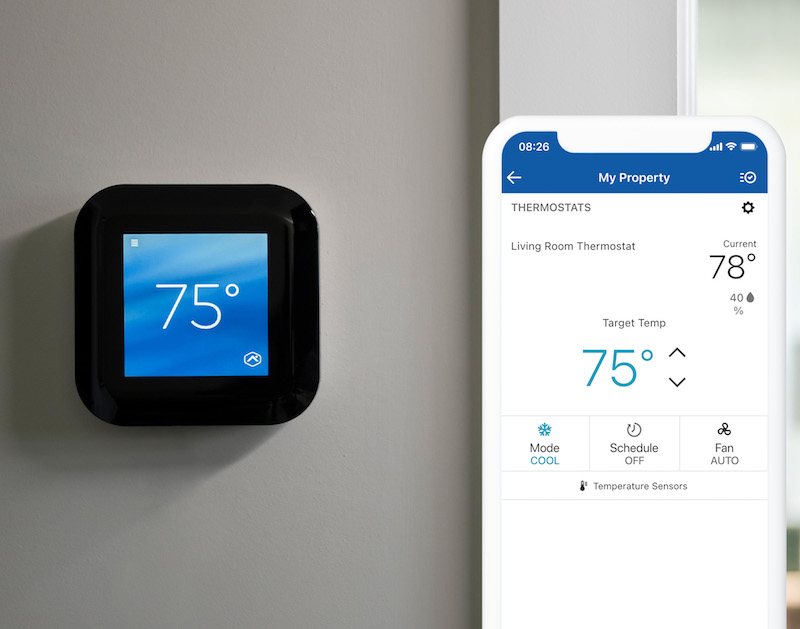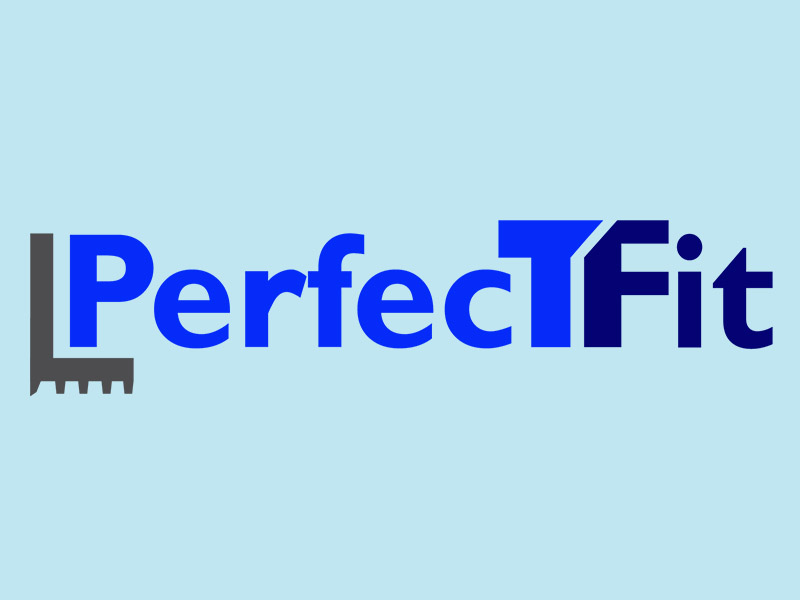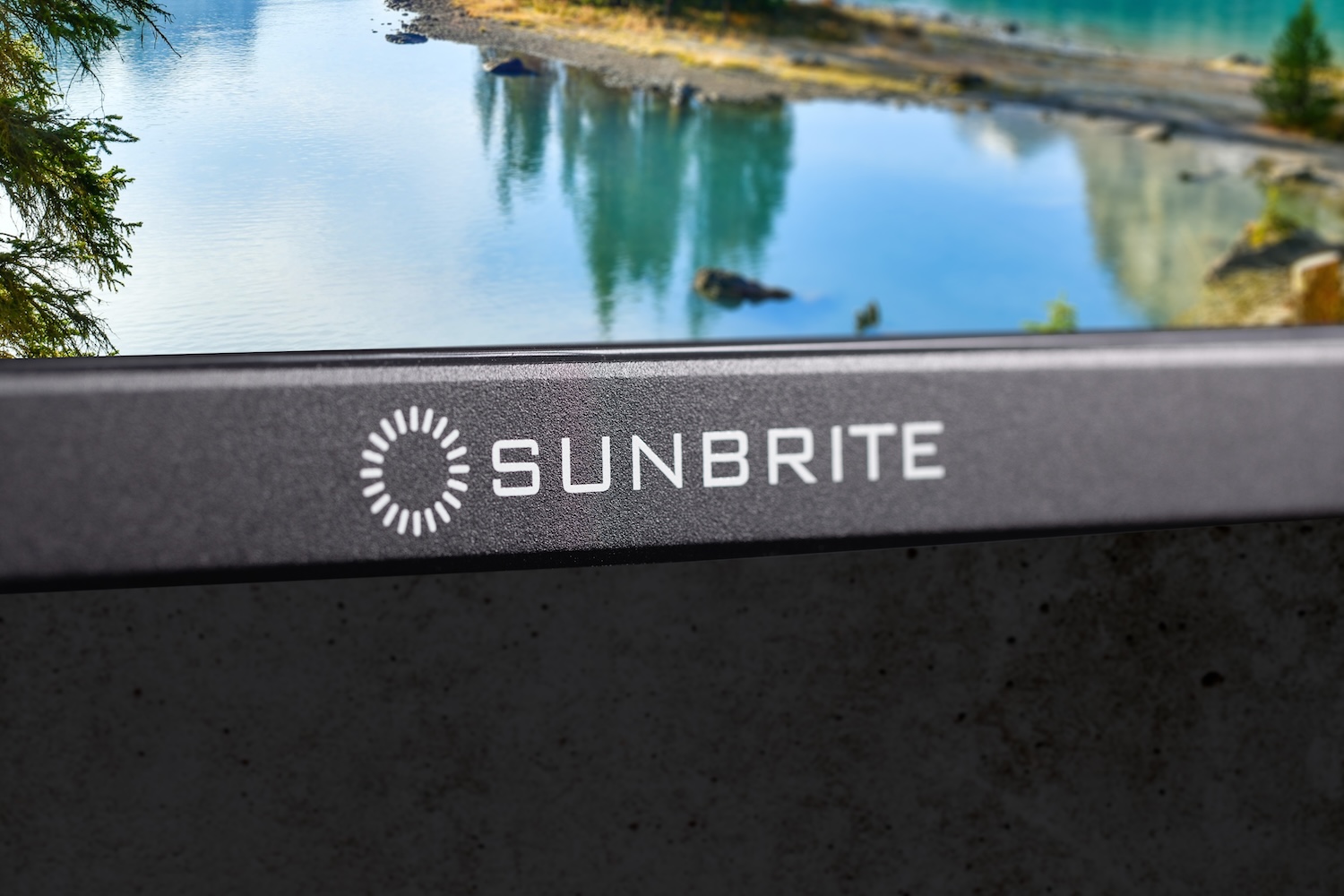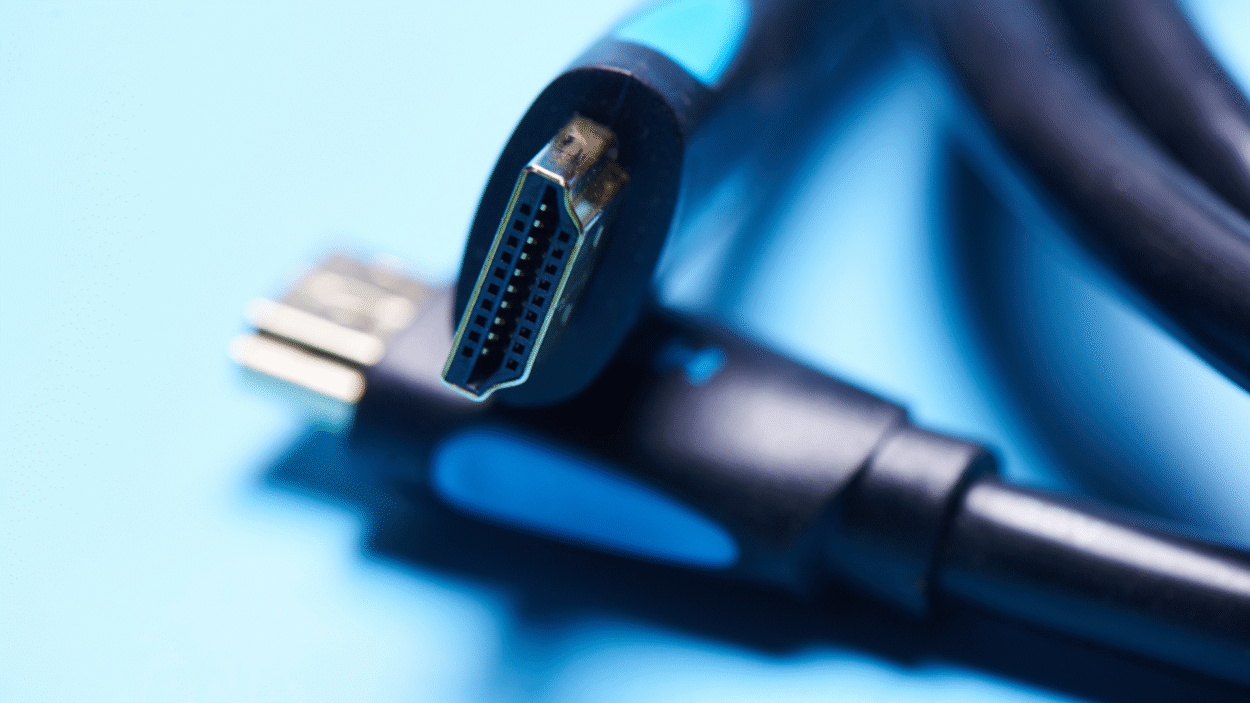Following a busy summer season where maintenance teams have had less access to occupied properties, it is important for property managers to take time to prepare residential units for winter.
Colder weather combined with a lack of occupancy during the festive season can lead to hardware issues. A leaky pipe that goes unnoticed can result in significant water damage over time while frozen pipes or heating breakdowns can cause challenges to both managers and families who want to avoid interruptions over the holiday period.
One solution for property managers is to embrace smart property technology and the preventative maintenance benefit it provides. Property managers can be alerted to a problem as soon as it occurs with a well-integrated smart property system and potential hardware breakdowns can be prevented before they even happen.
Seasonal System Breakdown
Sudden changes in temperature can cause problems with water pipe and HVAC hardware in residential properties, with property managers often left to pick up the costs.
Variable temperatures across the country place a heavy demand on HVAC systems that are often required to provide air conditioning one day and heating the next, leading to breakdowns. A sudden drop in temperature can also freeze and burst pipes causing significant disruption not only to the apartment where the hardware has failed, but for multiple units surrounding it.
These events can be expensive for managers who not only have to pay for the initial repair and the cost of relocating families whilst writing off rental income; they also have the inconvenience of not being able to show prospective tenants around properties.
However, property managers can harness smart property solutions to receive real-time notifications of hardware issues, adopting a preventative maintenance approach.
Smart Water Management Solutions
Smart property technology provides solutions to the most common maintenance problem in winter: frozen water pipes and water leaks. These water events have an average insurance claim of $12,514, so it certainly pays to prevent costly repairs.
Water leak detection units can be fitted discreetly into the walls of residential units and work simultaneously alongside smart water valves that are installed on pipes within the building. Once a leak is detected, the IoT device communicates wirelessly with the smart valve, the water is immediately shut off and the property manager is notified.
The sensors can also identify where the leak is coming from, a particularly useful tool for managers with many residents in multifamily buildings.
To prevent the freezing of pipes, the water leak detection units have a built-in temperature sensor to alert managers if the room is getting too cold. This allows the property manager to adjust the temperature of the residential unit to protect the pipes.
This process can be made even easier if a fully integrated system, including an intelligent thermostat, has been installed as once an alert has been received, property managers can access the smart thermostat remotely from their phone to warm the unit. This is a particularly useful preventative tool when residents are away or the unit is unoccupied and there is an unexpected change in weather.
This holistic smart water management system can turn a property manager’s operational strategy from a reactive maintenance program into a preventative approach that benefits the maintenance teams, property owners, managers and the residents themselves.
Preventative HVAC Maintenance
HVAC units are often the most expensive pieces of hardware within a residential property and any intelligence that can be gained from its performance in order to promote preventative maintenance is beneficial.
When used regularly to cool and heat a property, HVAC units are prone to breakdowns, particularly in fall. However, if a property manager adopts intelligent HVAC monitoring, the insight provided into the performance of the HVAC, gives them the ability to service or tweak the system to prevent expensive breakdowns.
The smart technology in an HVAC system creates a blueprint of the normal and optimal performance of that system so that it can detect if something has gone wrong. For example, the system identifies what is required to heat a property and so can recognize if it is having to work too hard and alert the property manager if something isn’t right. This allows maintenance teams to attend the property and look over the system to service or fix it before it breaks down.
Preparing properties for winter is important for property managers and can be made easier with the adoption of smart technology. While an initial investment has to be made to purchase this tech, the returns can be the difference between responding to a small water leak following an alert from the water detection units and having to displace residents into hotels because their unit is uninhabitable. As time goes on, an increasing number of residents will expect this technology, not just to automate household processes but also to prevent emergency maintenance in their property.








